The growing number of Malaysia's invisible children
Published by SchoolAdvisor | Jan 06, 2017When the news of Tan Yao Chun, 7, who was denied a place in Standard One on the first day of school first broke, it raised a few eyebrows. Then, a similar case was reported in the media a day later -- Mohd Justin Felix Nagel, 14, a German-Malaysian cyclist from Johor has been battling to get his Malaysian citizenship for 9 years. The issue of stateless children in Malaysia is a serious one and it has gained international attention.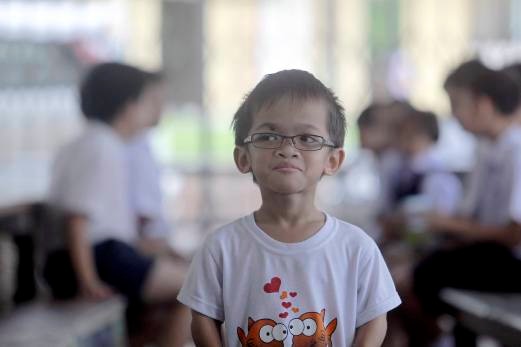
Tan Yao Chun was denied enrolment into Standard One because he did not have a birth certificate- Image via The Star Online.

The 9- year wait for citizenship continues for stateless Mohd Justin Felix Nagel. - Image via NST online.
What does it mean to be a stateless child?
"Stateless children, through no fault of their own, inherit circumstances that limit their potential," says UNICEF. "They are born, live and, unless they can resolve their situation, die as almost invisible people."Experts say statelessness leaves children vulnerable to discrimination, abuse, exploitation, and human trafficking.A stateless child in Malaysia is denied proper public education, insurance and they are also not entitled to free government healthcare services. According to N. Surendran, activist and human rights lawyer, even if a child is accepted into a national schooling system, they have to register themselves as foreigners and pay a levy and they don't get to enter public universities.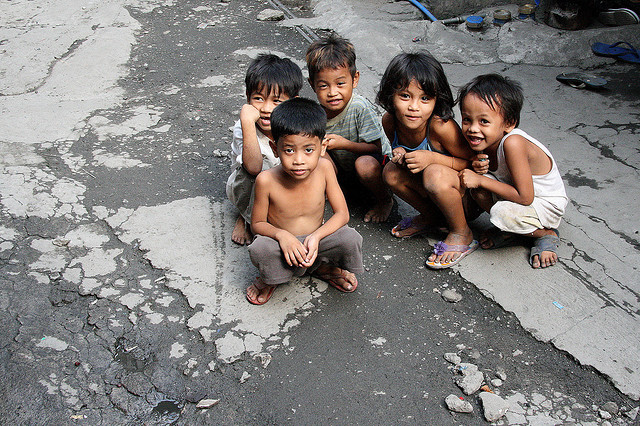 Deputy Prime Minister and Home Minister Ahmad Zahid Hamidi reported there are currently 290,437 stateless children in Malaysia below the age of 18. Many are from remote communities in the peninsula's jungle interior or across the sea in Borneo. Others are the children of refugees or migrants, and still more are ethnic Indians whose battle to prove they are Malaysians can be traced back to Malaya's independence from Britain in the late 1950s. Malaysia is not a signatory to the UN conventions relating to statelessness, but it has adopted the Convention on the Rights of the Child - albeit with some reservations - which gives all children the right to a legal identity.When we passed the Child Act in 2001 we affirmed our recognition of the fact that all children are entitled to protection and assistance, irrespective of social status and origin. This recognition followed Malaysia’s international commitments under the United Nations Convention on the Rights of the Child.And yet, the problem of stateless children persists. Perhaps it is even getting worse.
Deputy Prime Minister and Home Minister Ahmad Zahid Hamidi reported there are currently 290,437 stateless children in Malaysia below the age of 18. Many are from remote communities in the peninsula's jungle interior or across the sea in Borneo. Others are the children of refugees or migrants, and still more are ethnic Indians whose battle to prove they are Malaysians can be traced back to Malaya's independence from Britain in the late 1950s. Malaysia is not a signatory to the UN conventions relating to statelessness, but it has adopted the Convention on the Rights of the Child - albeit with some reservations - which gives all children the right to a legal identity.When we passed the Child Act in 2001 we affirmed our recognition of the fact that all children are entitled to protection and assistance, irrespective of social status and origin. This recognition followed Malaysia’s international commitments under the United Nations Convention on the Rights of the Child.And yet, the problem of stateless children persists. Perhaps it is even getting worse.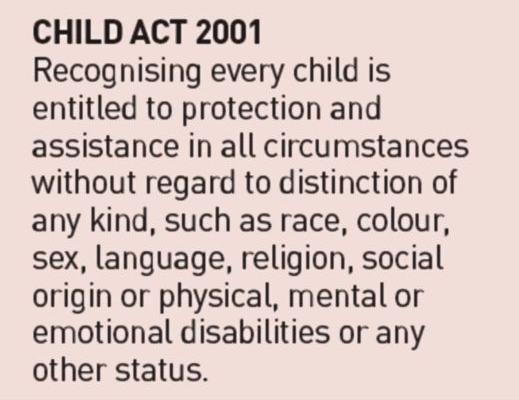 (Image via: NST online)
(Image via: NST online)
The long, frustrating process
Hartini Zainudin has witnessed many traumatic incidents in her work as a child rights activist, but as she talks about the plight of Malaysia's stateless children, she struggles to hold back tears.Hartini's own daughter lacks a nationality. She rescued Zara from traffickers when she was less than three months old. Following a lengthy adoption process, Hartini is now Zara's legal parent, but attempts to secure citizenship for the six-year-old have been rejected. With no official status, Zara can't travel, attend government schools or use the public health system. Without documentation, she is also at risk of detention.
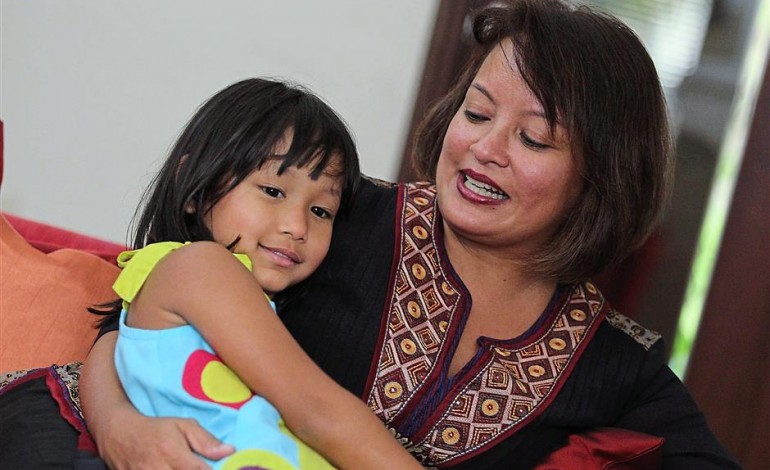
Kim Thirucelvam will do anything to get Alaani her rightful Malaysian citizenship- Image via Star2.com
Kim and Hartini are among a group of Malaysian parents including a rubber tapper, a taxi driver, and a pastor who are lobbying the government to establish clearer procedures on adoption and citizenship. The parents have legally adopted some 20 children between them.Without documents in Malaysia, a person is not able to do anything.
How can a layperson help while authorities figure a larger, more effective solution?
We should stop the flawed assumption that these children are "foreigners". If you are a teacher and know of cases such as Tan Yao Chun, bring the issue to light and help the parents/guardian find a solution. Often parents are terrified to come forward for fear of getting caught by authorities. Crucially, do not support the illegal baby trade. According to reports, three years ago in Penang there were 21 cases where babies were sold and bought – as a result, all of them are now rendered stateless. When people choose to adopt they should be following the rightful path as set by the Federal Constitution.Change starts with you, but it doesn't start until you do.
Recent Articles
- The Kingsley Advantage: Combining Excellence in Bilingual with a Global Perspective
- How HELP International School Shaped Melody Cheng's Journey to the University of Edinburgh
- How Sunway International School Paved Jynice Ong's Road to Success
- From Public School to International School: Chua Zhi Yu's Epsom College Experience
- SISM’s Commitment to Holistic Growth Beyond Academics
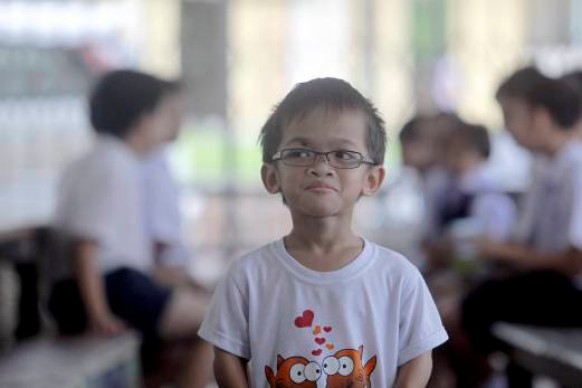






 Login with Google
Login with Google